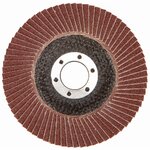scrofts1219
Member
I've made thousands of pens with 99.9% made using wood blanks. One of my next door neighbors, age 9, popped into my garage/shop a few days ago. She loves to look at all my projects. She saw a box tucked away with some acrylic blanks (not alumilite) and picked out six pieces and begged me to make six pens for her best friends. Can never say no to her (I have 8 granddaughters) so the project began. It helped me remember why I love wood and can't stand acrylic. Anyone seen posts or videos or tips that show how to do acrylics with carbide tools so that it's enjoyable. I do have the NR inserts but still not fun.
Sent from my iPhone using Penturners.org mobile app
Sent from my iPhone using Penturners.org mobile app

